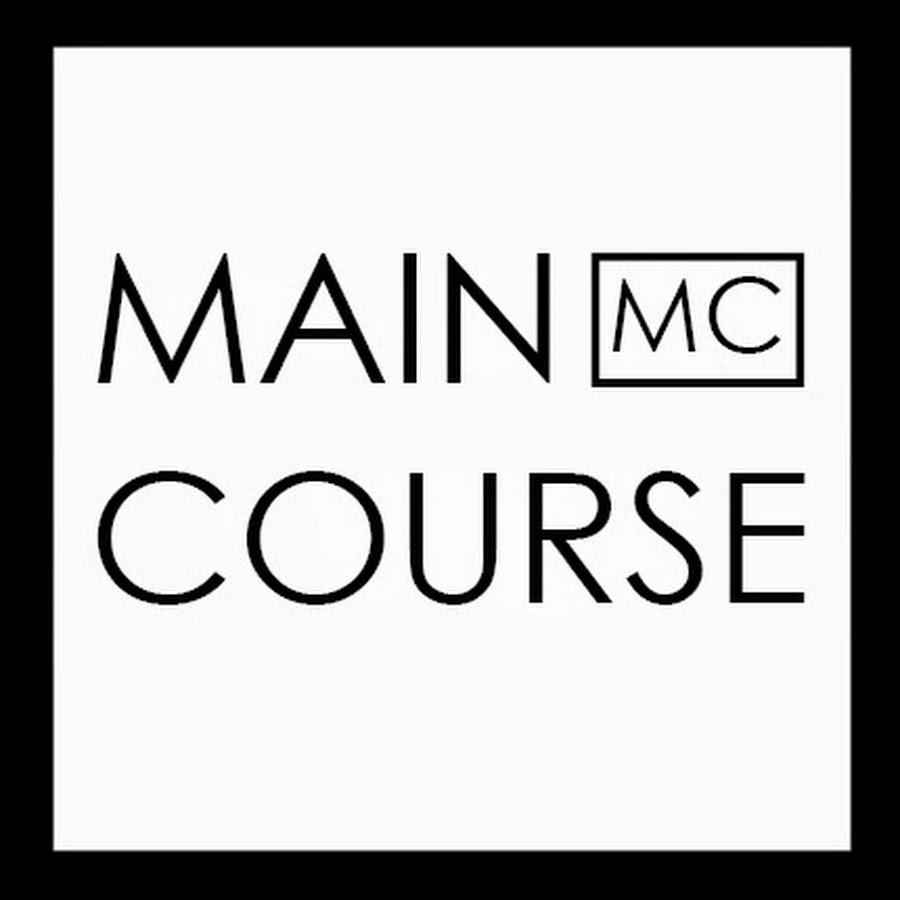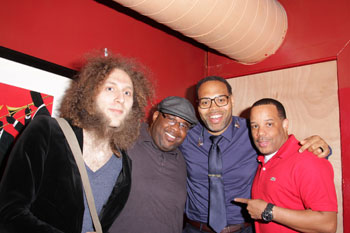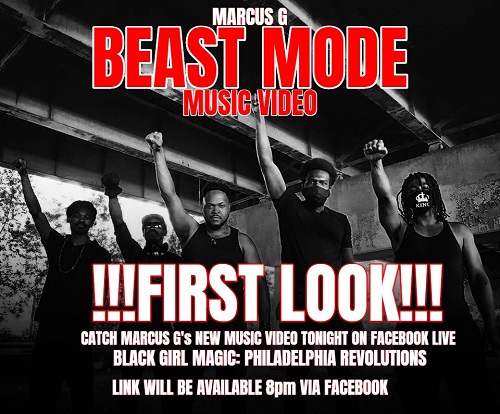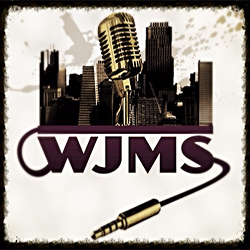Nathan Leff with Jeff Murrell, Eric Robinson and Lyn Brown
by Nathan Leff
There’s an unfortunate tendency to talk about Philadelphia R&B in the past tense. While the city’s unique history and place within the scene read like a primer in the genre’s history, there is the mistaken sentiment that the best days of well-crafted, unique R&B are far in Philly’s past. While the ‘60s and ‘70s were a time of unparalleled creativity for jazz pioneers like Sun Ra and Rufus Harley, as well as the halcyon era of Philly’s beloved Gamble & Huff, who’s unique take on soul would redefine the way we listened to it, the fire and passion that Philadelphia has always had for soulful sounds burns brighter than ever.
Helping to keep that fire burning bright is the Philadelphia R&B Collective, a group dedicated to showcasing the best new and undiscovered talent our city has to offer. We caught up with founder Lyn Brown and powerhouse performer Eric Roberson, to talk about the future of one of Philly’s most unique features.
Main Course: To what extent is the R&B Collective a real music collective, or is it just a name?
Lyn Brown: It’s more of a name, really. What we did was take a lot of different genres of music and put them together, and we called it a collective type of thing.
MC: What gave you the inspiration to take these different styles and try to bring them together?
LB: What we wanted to do was make a platform for all the up and coming artists in Philly. So what we did in the process was reach out to local artists who couldn’t get on the big stages, like the Wells Fargo Center, the TLA, et cetera, and we bring them here to Warmdaddy’s, which holds about 250 people. We let them work on their craft and perform until they can get on those bigger stages.
MC: When would you say you discovered music, and what was the first album you got that made you consider music as a real possibility?
LB: It really all started from my father. He was a musician, singer, [and] guitar player, so it all started with him. Then in high school, I got to meet Teddy Riley, and he and I became best friends. This was around ‘88 or ‘89. I came up to him and told him I idolized him. He actually gave me his real phone number and told me, “If you’re really serious about music, come down to Virginia Beach.” I started going down there on the weekends, one thing led to another, and we ended up friends to this day. He took me through all aspects of music. I was there when he formed Blackstreet, then Guy. He took me on the road, taught me how to be a road manager. He also started taking me into record labels to meet with different label execs. He showed me all the ins and outs of this business, and I’ve stuck with it.
Eric Roberson: I’d have to break it down between vinyl and cassette. The first album I ever bought was Run DMC’s Raising Hell. I had to hide it from my parents, because it had the word hell in it. But I think A Tribe Called Quest was the first time I bought a record in a record store, and a light bulb went off. I was probably a sophomore in high school. All the things I loved about music came together on that album, and seemed to make sense to show jazz and rock n’ roll together with this melodic element. All in an unapologetic way that made it make sense. When I got a scholarship to Howard University and I was singing and playing keys hardcore, all the time, that’s when I really had to consider what I was doing. “Do I wanna go to school for political science or pharmacology, or do I wanna do something I have a deep passion for?” From that point on, there was no turning back. It was all about figuring out how to make it work.
MC: What would you say that you’ve ultimately learned to do and not to do?
 LB: One thing I’ve learned to do is never burn your bridges. You never know when you’re going to need to cross back over that same bridge. What I’ve learned to do is get with other people and bring everyone together so they can create together.
LB: One thing I’ve learned to do is never burn your bridges. You never know when you’re going to need to cross back over that same bridge. What I’ve learned to do is get with other people and bring everyone together so they can create together.
MC: How would you say the availability of music on the internet has helped or hurt artists?
LB: I would say it’s hurt some of the bigger artists, but it’s definitely helped indie artists. They now have a leg to stand on because they don’t need radio or big labels. Right now, it’s about how many hits you can get on YouTube, or how many people are following you, and people get big deals off that. So I think that, for up-and-comers, it’s helped a lot.
MC: What would you say to someone who was in the same situation you were starting out?
LB: I’d tell them to keep at their craft. Don’t ever stop it. If you have a dream, you have to keep going, because nobody’s gonna hand it to you. There are so many tools available now, like we just discussed, that you can literally get a record deal from your home. Back in the ‘80s and early ‘90s you had to travel to L.A. or New York, but now you don’t have to. Look at Soulja Boy. He never stepped foot out of his house. He was on the internet the whole time, and when people heard it, they said, “Find me that artist!”
ER: It’s about steps. The biggest thing is knowing when you’re ready, knowing when your window comes, and being prepared for it. For me, I got signed when I was in college. It was a blessing, actually, that the song didn’t take off and my career didn’t skyrocket, because I don’t think that I was developed enough to be the artist I am today. So it took losing one record deal, trying to get another, going back and finishing college to find out who I was, as opposed to just being another dude in a line. At some point, I had to find my voice and really ask myself, “Who am I, and how am I supposed to sound?” You also have to realize, whether you’re a student or already out there, that you’re entering into a marriage. Not just a record deal, but just putting something out there: that’s a marriage between you and the community. They’re going to expect certain things from you, and you have to commit to that and really know what you’re doing. You can’t really decide five years down the line that you weren’t really that serious about what you were doing and try something else. You can count on one hand the number of people or acts that’s ever worked for, and when it did work, it’s because they came to it with a high level of commitment.
MC: How has the local scene changed over the course of your time as a part of it?
LB: I would say that Philadelphia has grown huge in the last ten to fifteen years with our soul music movement. When I say a lot, I mean a lot! For musicians, there’s not a band out there that doesn’t have one of their musicians from Philly. Lady Gaga, you name it: someone from Philly’s in their band.
MC: What is it about Philadelphia, specifically, that’s lead to its growth as an R&B capitol?
LB: I honestly don’t know what it is about Philly. It started with Gamble & Huff and then they passed the torch to the younger generation. For some reason, Philly’s a breeding ground for great music.
Follow the R&B Collective on Facebook for their latest updates and events www.facebook.com/TheRandBCollective

 Gaming7 years ago
Gaming7 years ago
 Music7 years ago
Music7 years ago
 Business7 years ago
Business7 years ago
 The Jawn7 years ago
The Jawn7 years ago
 The Jawn7 years ago
The Jawn7 years ago
 The MC7 years ago
The MC7 years ago
 Entertainment7 years ago
Entertainment7 years ago
 The Jawn7 years ago
The Jawn7 years ago

 LB: One thing I’ve learned to do is never burn your bridges. You never know when you’re going to need to cross back over that same bridge. What I’ve learned to do is get with other people and bring everyone together so they can create together.
LB: One thing I’ve learned to do is never burn your bridges. You never know when you’re going to need to cross back over that same bridge. What I’ve learned to do is get with other people and bring everyone together so they can create together.








You must be logged in to post a comment Login